Posted on 10/31/2024
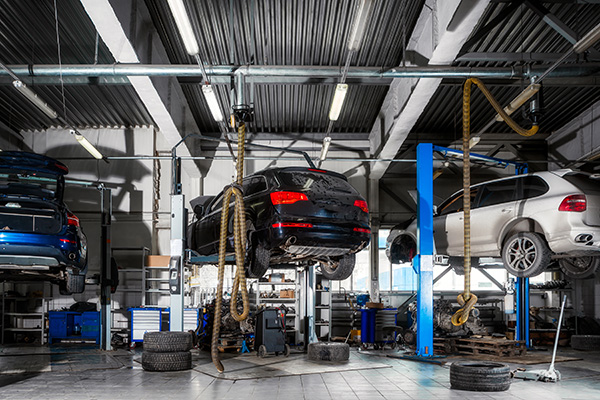
Choosing the right place to take your car for maintenance or repairs can feel overwhelming, especially with the abundance of options. You might be tempted to visit a big-name dealership or a national chain, but there’s a strong case for considering a local auto repair shop. Supporting local businesses comes with a variety of benefits—ones that not only provide exceptional service but also make your life easier. Let’s take a closer look at why using a local auto repair shop in Reseda, CA, could be the best choice for you and your vehicle. Personalized Service Tailored to Your Needs One of the standout advantages of using a local repair shop is the level of personalized service you’re likely to receive. Unlike larger shops, where you might feel like just another customer in a long line, we prioritize individual attention. The team gets to know you and your vehicle, which allows for a more tailored approach to ... read more
Posted on 10/17/2024
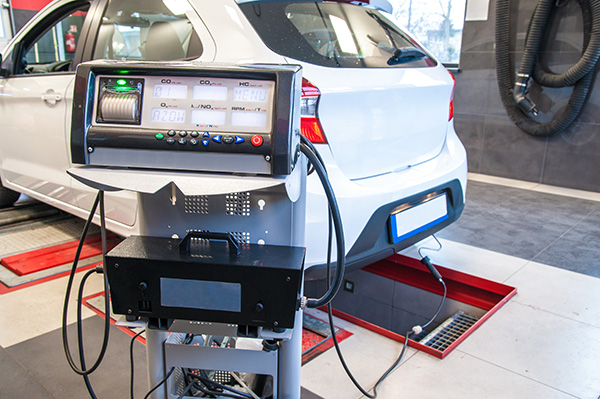
If you own a car that’s 2000 or newer, you’re likely familiar with California’s strict smog regulations. Every couple of years, vehicles must pass a smog check to stay road-legal. And while the test itself isn’t overly complex, you can take a few steps to increase the chances of passing on the first try. A failed smog test can lead to costly repairs, delays, and frustration, so knowing how to prepare your car ahead of time is important. How Smog Checks Work The test measures your car’s emissions to ensure they’re within state standards. These standards are in place to reduce air pollution and improve public health. For cars made after 2000, the test also involves plugging into your vehicle’s OBD-II (On-Board Diagnostics) system, which monitors your engine’s performance and emissions control systems. The smog technician will check your vehicle’s OBD-II system for any stored trouble codes or malfunctions that could ... read more
Posted on 9/28/2024
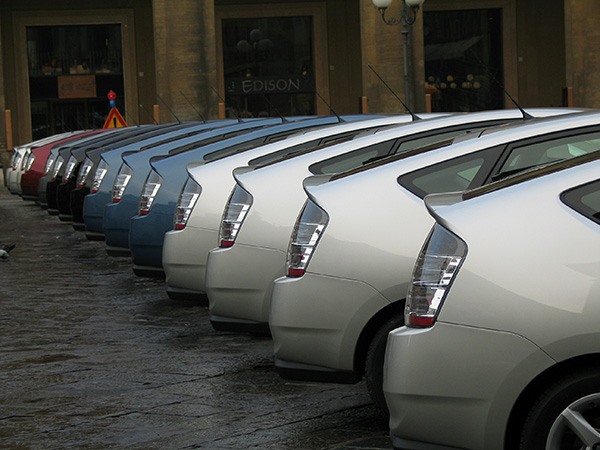
Toyota has long been celebrated for its reliability, longevity, and value, which has made it a popular choice for drivers around the world. While Toyota cars are generally well-built and dependable, like all vehicles, they can experience issues over time. Knowing some of the most common problems can help you stay ahead of any potential repairs and keep your car running at its best. 1. Oil Sludge Buildup One issue Toyota owners may encounter is oil sludge buildup, especially in older models. This problem typically arises from extended periods of low-quality oil use or neglecting regular oil changes. The sludge can clog your engine, leading to decreased performance and, in severe cases, engine failure. Keeping up with regular oil changes using high-quality oil can help prevent this issue. If you notice the engine running hotter than usual or unusual noises, it’s time to check for sludge buildup. 2. Transmission Problems Some Toyota models, part ... read more
Posted on 9/18/2024
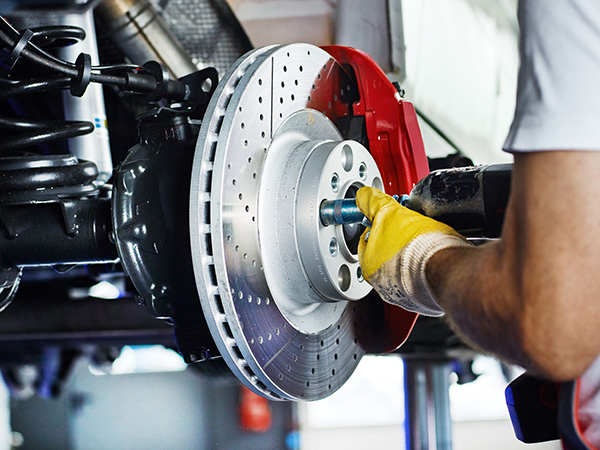
Your brakes are the most critical safety feature of your car. Whether you're navigating city streets or cruising down the highway, you rely on your brakes to stop your vehicle in time to avoid accidents. If they aren’t properly maintained, they can become ineffective, putting you and others on the road in danger. That’s why regular brake service and repair is essential for keeping your car safe and running smoothly. Why Brake Maintenance Shouldn’t Be Ignored It’s easy to overlook brake maintenance, especially when your car seems to be running fine. But failing to regularly service your brakes can lead to bigger problems down the road—literally. Worn-out brake pads, for example, can reduce your stopping power and even damage other parts of your braking system, leading to costly repairs. Beyond the financial aspect, the most important reason to keep up with brake maintenance is safety. Worn brakes reduce your ability to stop quickly, w ... read more
Posted on 8/30/2024
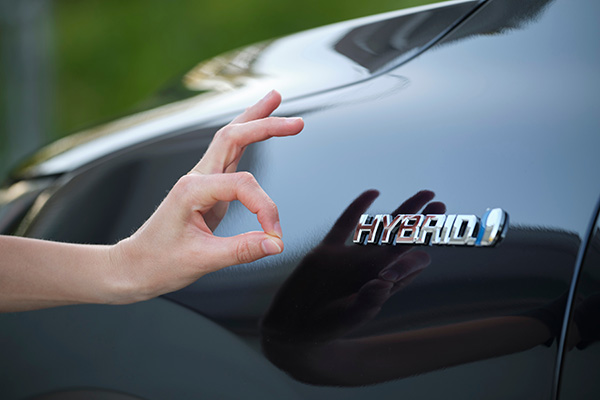
With more drivers switching to hybrid vehicles to reduce their carbon footprint and fuel consumption, it’s essential to know how these cars differ in terms of maintenance. Hybrid cars, which combine a traditional internal combustion engine with an electric motor, offer impressive fuel efficiency and lower emissions. However, the unique technology behind these vehicles means maintaining them slightly differs from regular gas-powered cars. Let’s explore what you need to know to keep your hybrid car running for years to come. The Basics of Hybrid Car Maintenance Hybrid cars are designed to last, but like any vehicle, they need regular care. One of the first things hybrid owners notice is that their cars require less frequent oil changes, thanks to the electric motor assisting the gasoline engine. Because the engine doesn't work as hard, oil tends to last longer. However, it’s still crucial to follow the manufacturer’s recommended service inte ... read more